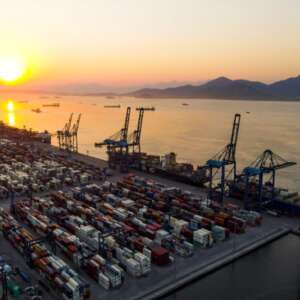Meat and frozen products continue to lead the exports made by the terminal, which is the national leader in the segment
About to close the first half of the year, TCP, the company that manages the Container Terminal of Paranaguá, announces another record handling: in May alone, the Terminal handled 108,635 TEUs (unit equivalent to a 20-foot container), surpassing the previous mark of 104,497 TEUs, reached in August 2021. Last year, TCP handled more than one million TEUs and intends to increase this number by the end of 2022.
The frozen chicken meat segment continues to be the terminal’s main export product, considered a world leader in this segment, with approximately 1,957 thousand tons exported in 2021 — a number above large ports such as Savannah, in the USA. In the first four months of this year, TCP’s exports of the product increased 8% compared to the same period last year. “To meet this demand, we are expanding our reefer area by 43%. That is, it will now have 5,178 outlets for powering and storing containers,” adds Thomas Lima, TCP’s commercial and institutional director.
Frozen cargo was also responsible for another record achieved in the month of May at the terminal: the largest number of reefer containers handled in a single vessel. The Cap San Augustin ship, from the Maersk shipowner, was responsible for this achievement, with 805 reefer containers handled on May 20.
But ships are not the only ones to stand out in the terminal. The train is a major differential of TCP, which currently moves 23% of all export containers by rail. In May, there were 16,972 TEUs in total, the highest volume ever transported by this modal. Part of this increase is the result of the success achieved with the largest intermodal logistics project in the world, dedicated to a single client in the container industry, carried out by the terminal. “With new projects implemented in partnership with large exporters in 2021, the forecast is that the volume of containers handled on the railroad will double by 2025,” says Lima.
According to the director, the large numbers are a reflection of the continuous investments made by the terminal management to ensure a modern infrastructure, with a large storage area, state-of-the-art logistics, as well as services that meet the needs of customers. “We have just announced our port investment plan of over R$ 370 million, which includes such improvements so that we can position TCP at the forefront of logistics solutions, bringing customized options client by client,” concludes Thomas.



